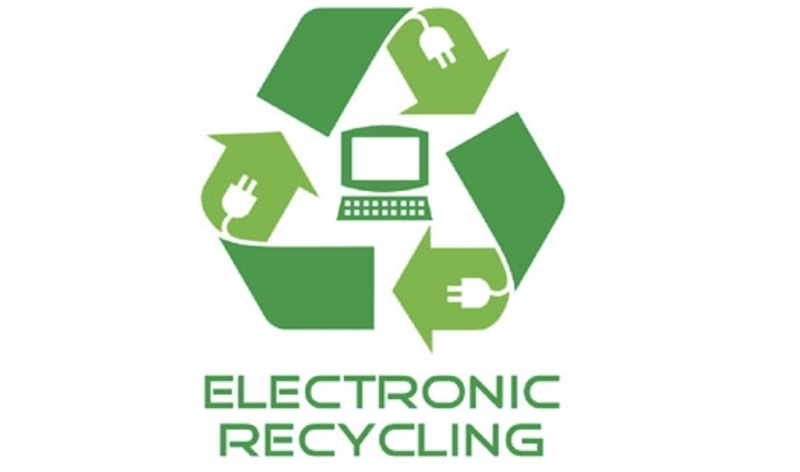Why you should properly recycle your old electronics
Recycling is in. From fancy reusable bags to colorful metal straws. It seems like every other day a trendy new method to reduce plastic waste is at our disposal. While reusing plastics, glass, and paper is nothing new to us, the benefits of correctly discarding our obsolete electronic goods are often overlooked. These days you can even get paid for your old electronics. Companies like SmartphonesPLUS will pay you for your old electronics and will recycle them for you – you can simply send them by mail. With so much talk about sustainability these days, it’s about time to delve deeper into e-waste recycling.
The circle of electronic life
One of the few things that we can all agree upon is that we live in a fast-paced world. Our society always wants the latest gadgets. Every year from San Francisco to Sydney long lines form in front of Apple stores. All over the globe, people are queuing up for hours, and sometimes even days, just to get their hands on the latest iPhones, iPads, MacBooks, and AirPods. Our devices have become part of our identity and imagining a life without them, be it laptops, tablets, or cell phones, is next to impossible for most of us.
But have you ever wondered what happens with all of these devices once they eventually reach the end of their useful lives?
Because no matter how happy you once were with the purchase of your new shiny gadget, sooner or later, and in nearly all cases it tends to be sooner rather than later, the love story ends. All of our precious goods will at some point become non-functional and will end up being nothing more than electronic garbage.
There are several ways to sell your used phone or laptop and make some extra easy-earned cash! Unfortunately, very few people are aware of this and simply throw them away, losing money and harming the environment in the process.
Out of sight, out of mind: the rising problem with e-waste and end-of-life (EOL) products
According to the Consumer Electronics Association, each American household owns close to 24 electronic appliances on average. Although we may not always want to admit it, most of these gadgets contain enormous amounts of personal and confidential information. With identity theft on the rise, you may be reluctant to get rid of your electronic devices and end up hoarding them in your house. However, this problem can easily be resolved by doing a factory reset.
Not only can you fall victim to information theft by simply throwing your old phone in the trash can, but it’s also illegal in many states. Although there’s currently no federal legislation yet, several states banned the dumping of e-waste into landfills. This is an attempt to instill environmental responsibility and reduce the vast amounts of electronic junk that hit US landfills each year.
So many toxic materials, so little time
Cadmium, beryllium, lead, and mercury. They may either vaguely ring a bell if you paid some attention during science class or will sound like random cryptocurrencies if you didn’t. Unfortunately, they’re not the new Bitcoin but harmful materials that are hazardous to the environment. To make matters worse, they can all be found in your electronic gadgets. Although they might be mere trace elements, the threat they pose to our ecosystem is paramount. Especially when keeping in mind that each year at least 40 million metric tons of e-waste is generated. That is an equivalent of almost 4,500 Eiffel towers!
The importance of recycling old electronics
As good as all non-working devices contain some form of recyclable material. When disposed of improperly, they not only cause both air and soil pollution but also seep into rivers and seas.
I think we all prefer a clean planet over one that is ridden with plastic and other toxic materials. This is exactly the reason why you should sustainably recycle your old electronics. Never simply chuck them into a bin because, in the end, you’re hurting yourself and everyone around you.







